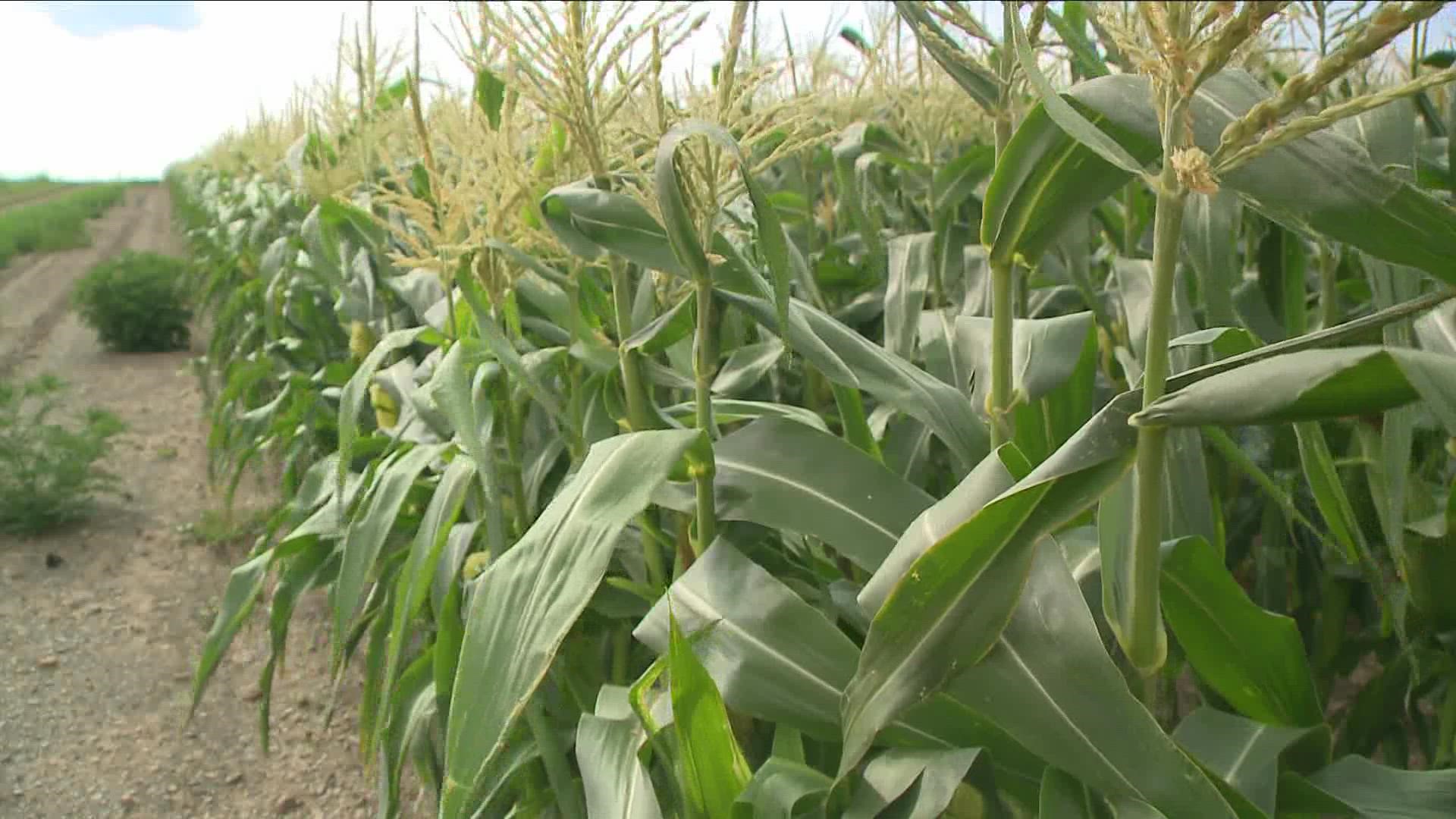BUFFALO, N.Y. — The ongoing drought conditions across the country are affecting farms of all kinds - from rural to urban to homegrown.
Just last week, Governor Kathy Hochul put 21 New York counties, including several here in Western New York, under a drought watch.
While this region has yet to cross over into severe drought conditions, experts say, the consequences of moderate drought conditions can be hard for fields and crops to rebound fun and are often stressful situations for growers.
Elizabeth Buck is a vegetable specialist with Cornell Cooperative Extension's Vegetable Program and tells 2 On Your Side's Liz Lewin, "In moderate drought, we can get some rainstorms and we can get some big soaking rainstorms, but it doesn't fix anything."
In fact, work for farmers only intensifies because of the water flocculation.
"Farmers are working very hard to get these products to you. They are working up every two to three hours to do 45 minutes of work. Sometimes for weeks at a time. It's stressful."
The lack of rain has been especially hard on green crops.
"A grower has to decide to water his tomatoes, instead of watering his watermelons, or a grower may decide that she needs to skip watering her corn altogether so that she can water her snap beans," Buck explains. "When there's a lack of irrigation tough decisions need to be made and it can be economically very difficult."
Severe drought conditions could make conditions even more challenging.
"Once a field lives under severe drought, that field will never yield the way it was supposed to. And it may hardly yield at all," Buck says. "we're hoping not to head there. But where in some areas a little bit close to that."
According to the National Drought Mitigation Center, as of last week, roughly 229 million acres of crops across the U.S. are battling drought conditions.
Buck says it's likely Fall and even Winter crops/produce will be affected by this abnormally dry Summer which is something communities should prepare for.
RELATED:

